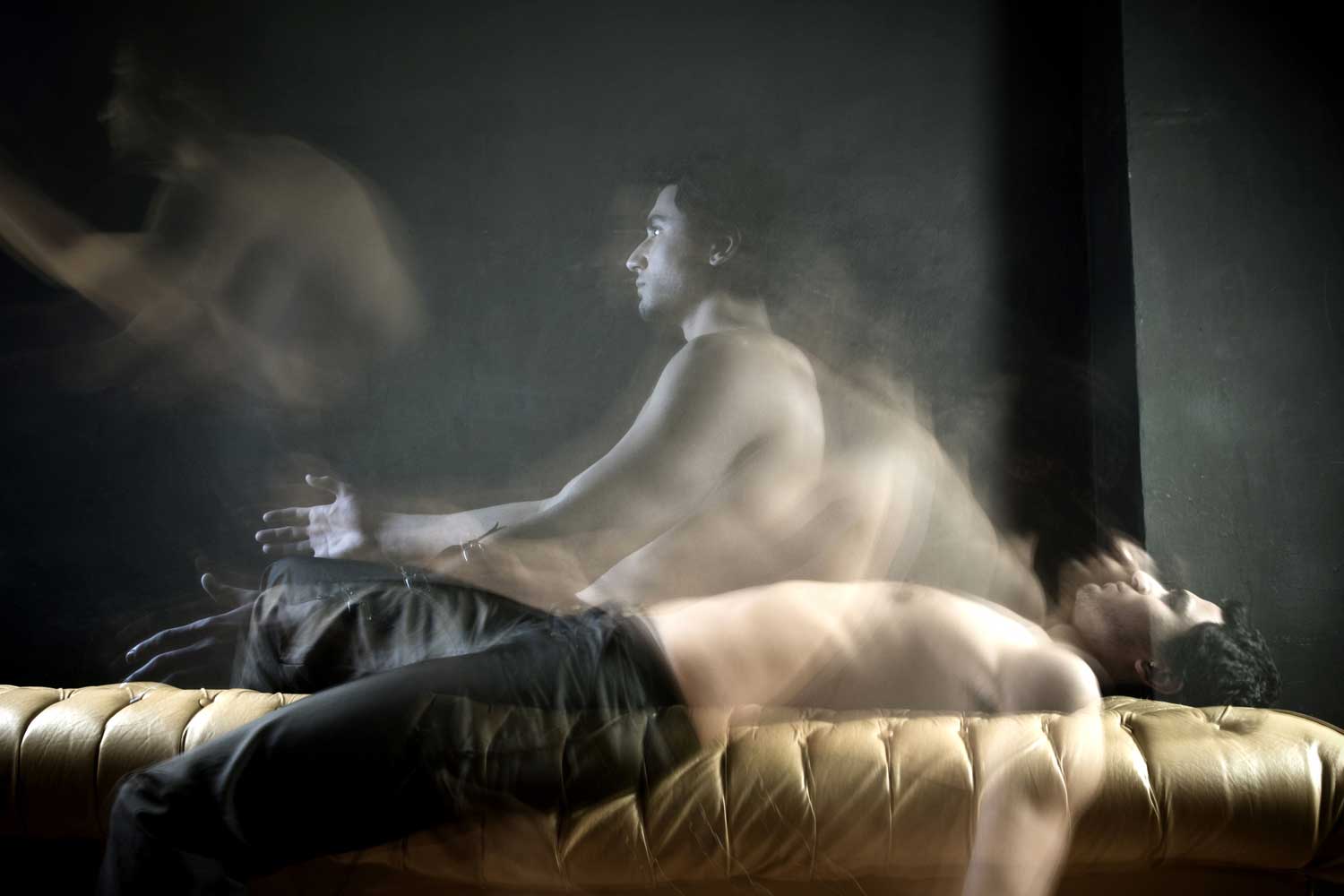
We’ve all heard stories about out-of-body experiences: feeling like you’re floating, seeing a bright light. According to new research, it’s actually a lot more common than previously believed, and affects around 10 per cent of people. A team comprising researchers from Denmark, Norway and Germany who conducted an extensive study with over 1,000 participants from 35 countries just presented their findings at the 5th European Academy of Neurology Congress.
The research team found that approximately one in 10 participants reported having had some kind of near death experience (NDE), with a range of physical and almost spiritual symptoms. These include feeling an awareness that they were outside their body, feeling as if their soul was being “sucked out,” and being in a dark tunnel and seeing a bright light.
Out of the people who said they’d had an NDE, 87 per cent said they experienced “abnormal time perception,” 65 per cent experienced “exceptional speed of thought,” 63 per cent felt they had “exceptionally vivid senses” and 53 per cent felt “separated” from their body. While NDEs had previously been thought of as a peaceful experience, 73 per cent of people in this new study said they found it unpleasant.
RELATED: Turns Out When You’re Dead, You’ll Know
Some participants also said that they could see or feel a demon sitting on their chest while they were sleeping; a common symptom of sleep paralysis. And a connection between sleep paralysis and NDEs did indeed emerge during the study. “Our central finding is that we confirmed the association of near-death experiences with REM sleep intrusion,” said lead researcher Dr Daniel Kondziella, a neurologist from the University of Copenhagen. “Although association is not causality, identifying the physiological mechanisms behind REM sleep intrusion into wakefulness might advance our understanding of near-death experiences.”
Kondziella acknowledged that the 10 per cent figure is higher than previous studies had found, and suggested that those lower rates were down to the test subject groups being confined to cardiac arrest survivors, while his group consisted of 1,034 lay-people.
This article originally appeared on Men’s Health
















